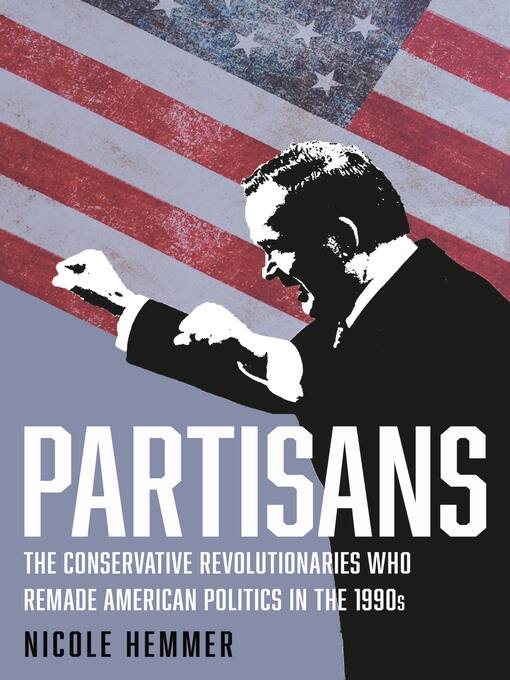- New eBook Added!
- New Kids Added!
- New Teen Added!
- Career and Employment resources
- Citizenship & Immigration resources
- Computer Books
- ESOL resourses
- Travel Guides
- Popular e-Books (no waiting)
- See all ebooks collections
- New Audiobooks Added!
- New Kids Added!
- New Teen Added!
- Try Something Different
- Learn a Language
- Popular Audiobooks (no waiting!)
- See all audiobooks collections
- Just added
- Most popular
- Try something different
- Browse Magazines
- Spanish Magazines
- See all magazines collections


